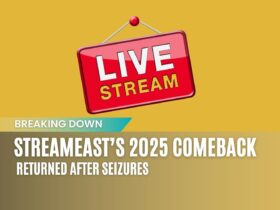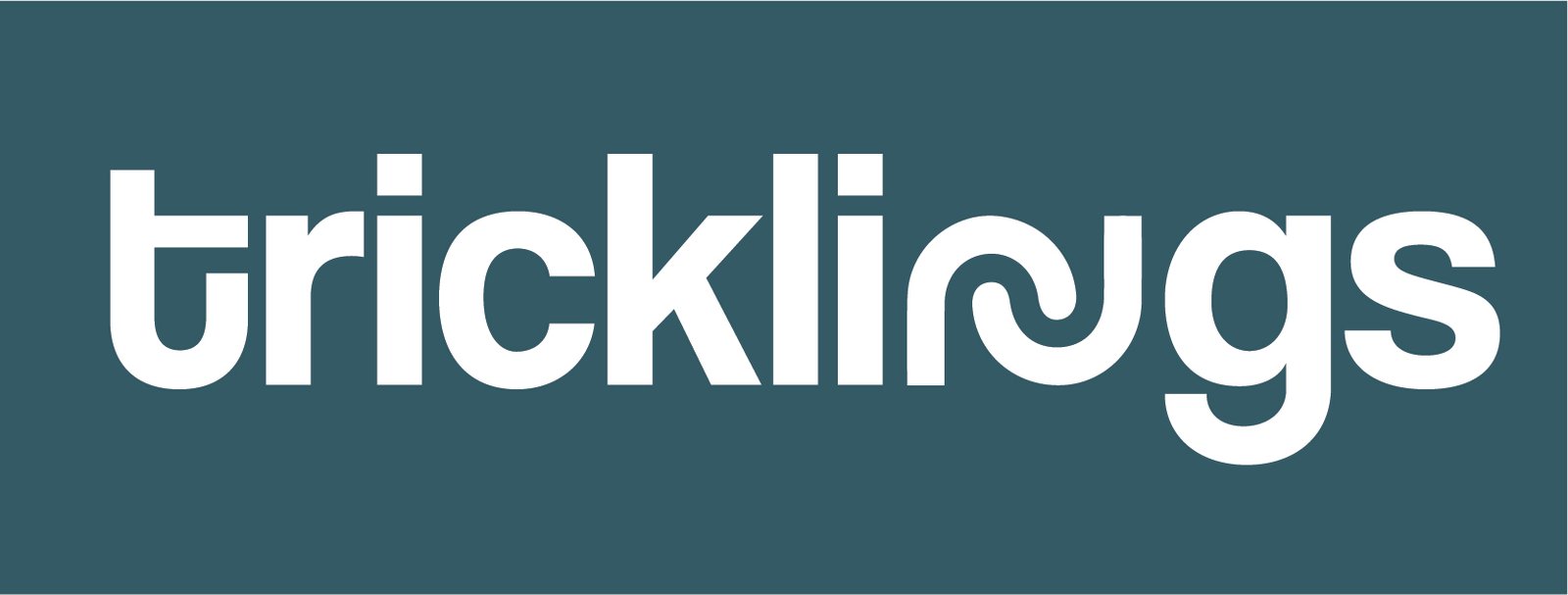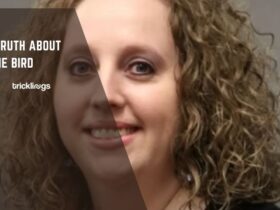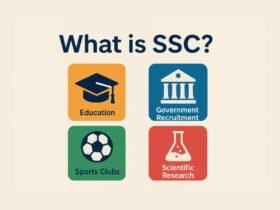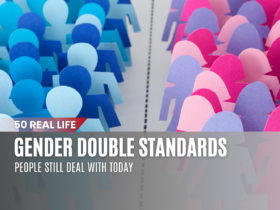Most Candidates Fail This Question. Don’t Be One of Them.
Most Candidates Mess This Up—Here’s How to Get It Right!

Interviewers love asking about weaknesses — and for good reason. It tells them a lot about your self-awareness and mindset. But let’s be real: answer it the wrong way, and it could cost you the job.
So how do you turn this awkward question into an opportunity? By framing your weakness as a growth story — one that’s honest, professional, and shows you’re moving forward. Below, we’ll walk through three types of weaknesses — personal, professional, and behavioral — with expert-backed breakdowns of what each weakness implies, why it might concern employers, and how to present it in a way that builds trust and credibility.
1. Personal Weaknesses (Soft Skills & Habits)
These relate to your character and habits, which may not be job-specific but still affect how you operate in the workplace.
Example: I focus too much on the details
Being detail-oriented is typically viewed as a strength. However, if you tend to get caught up in perfecting every small aspect, it can slow down overall progress. This might raise concerns for hiring managers about your ability to manage time or meet deadlines.
When framed correctly, though, this weakness can actually highlight your commitment to quality. The key is to show that you’re working on maintaining high standards without losing sight of the bigger picture.
Interview example:
“My greatest weakness is that I sometimes spend too much time analysing the small details of a project. I’ve been striving to improve in this area by checking in with myself at regular intervals and giving myself a chance to refocus on the bigger picture. That way, I can still ensure high-quality work without getting so caught up in the details that it affects my productivity or the team’s ability to meet the deadline.”
Example: I struggle with saying no
Being willing to help others is admirable. But when you say yes to every request, it can lead to stress, overcommitment, and missed deadlines. Employers may worry about your ability to set boundaries or manage your workload.
Presenting this as a lesson learned — and showing that you’ve implemented strategies to fix it — demonstrates maturity and self-management.
Interview example:
“In the past, I found it hard to say no because I genuinely wanted to be helpful. But I realized that taking on too much affected my performance. I’ve learned to prioritize tasks, assess what I can realistically handle, and communicate honestly about deadlines. It’s helped me become a more reliable and focused teammate.”
Example: I get nervous speaking up in meetings
This weakness may hint at a lack of confidence or hesitation in collaborative environments. Employers want someone who can contribute ideas, especially in group settings.
That said, many professionals share this struggle. The key is to show you’re aware of the issue and actively working to improve.
Interview example:
“I used to get nervous about speaking up in meetings, particularly when more senior team members were present. To improve, I started preparing notes and questions beforehand. I also challenge myself to contribute at least once in every team discussion. Over time, it’s helped me feel more confident and better engaged.”
Example: I find it hard to delegate tasks
Delegation is critical in leadership and teamwork. Struggling with it may signal control issues or lack of trust in others.
Still, if you explain how you’ve recognized the problem and learned to let go, it can actually showcase your growth and leadership potential.
Interview example:
“In the past, I felt more comfortable handling tasks myself because I wanted to ensure everything was done right. But I realized this wasn’t sustainable or efficient. I’ve worked on building trust in my team, providing clear guidelines, and checking in regularly without micromanaging. It’s helped us move faster and work more collaboratively.”
2. Professional Weaknesses (Job-Specific or Technical Skills)
No candidate is perfect. You might lack experience with certain tools or systems. What matters is your willingness to learn and adapt.
Example: I’m not familiar with [specific software]
Lack of technical knowledge, especially if the tool is critical for the job, may raise concerns about your ramp-up time.
However, showing you’re already taking steps to gain that knowledge shows initiative.
Interview example:
“I haven’t worked directly with [specific software], but I’ve enrolled in an online course and have been practicing with tutorials in my free time. I’m already comfortable with similar tools, so I’m confident in my ability to learn quickly and get up to speed.”
Example: I have limited experience in public speaking
If the job involves presenting or leading meetings, this might make you seem unprepared. Still, if you’re actively working on it, that shows strong awareness and drive.
Interview example:
“Public speaking was once outside my comfort zone. To improve, I began volunteering for small presentations at work and joined a public speaking group. It’s helped me build confidence and connect better with my audience.”
Example: I need more experience in data analysis
In data-driven roles, hiring managers expect candidates to interpret and apply insights. If you’re still developing these skills, be upfront—but focused on your learning path.
Interview example:
“My background includes some basic data analysis, but I’m currently taking advanced Excel and analytics courses. I’ve also been working on small data projects to sharpen my skills. I enjoy finding trends and using them to guide decisions.”
Example: I’m still learning to negotiate with clients
If negotiation is part of the job, weakness here could affect confidence. Framing it as a skill you’re building through real efforts will earn respect.
Interview example:
“Client negotiation used to feel challenging, especially balancing firmness with empathy. I’ve taken online workshops and started role-playing different scenarios with senior team members. It’s helped me find my voice and build better relationships.”
3. Behavioral Weaknesses (Work Approach & Style)
These are about how you manage your time, interact with others, and stay focused. Interviewers listen closely to these because they reveal your day-to-day behavior.
Example: I overthink decisions
Overthinking can delay progress and frustrate teammates who need direction. The key is to show you’re aware of this habit and now use structure to act with more confidence.
Interview example:
“I used to spend too much time weighing every outcome before making a decision. Now, I create a pros and cons list and give myself a set deadline to decide. It’s helped me take action faster and feel more confident in my choices.”
Example: I prefer working independently
Independence is valuable—but teamwork is essential. If this comes up, it’s important to show how you’ve worked to balance the two.
Interview example:
“I tend to be very focused when working alone, which helped me early in my career. But I realized collaboration often leads to stronger outcomes. I now set aside time to review ideas with peers and intentionally look for ways to engage with the team.”
Example: I can be too direct in giving feedback
Clarity is great, but if your tone comes off harsh, it can damage relationships. If this is your weakness, focus on how you’re building better communication habits.
Interview example:
“I value honesty and used to be very direct in giving feedback. I learned that tone and timing matter just as much. Now, I ask more questions, choose the right moment, and aim for constructive dialogue. It’s helped me communicate with more empathy.”
Example: I sometimes struggle with multitasking
In fast-paced roles, this might be a concern. But reframing it as a shift toward better prioritization shows maturity.
Interview example:
“I used to multitask constantly, thinking it would boost productivity. But I often ended up jumping between tasks without finishing. I’ve since adopted time-blocking and focus sessions, and it’s dramatically improved my output and clarity.”
Final Thoughts: Don’t Just Admit — Transform
The goal isn’t to list flaws. It’s to show who you are — someone who learns, grows, and keeps getting better. The best weakness answers prove you’re self-aware, coachable, and already taking action.
💬 Tip: Tailor your weakness to the role — don’t choose anything that’s central to the job. Show you’re fixing it.
💼 Think like an interviewer: Are you honest? Are you growing? Can you handle challenges with maturity?
✅ When you answer with real insight and optimism, your weakness becomes a strength in disguise.
You’ve got this. Go in prepared — and walk out remembered.





